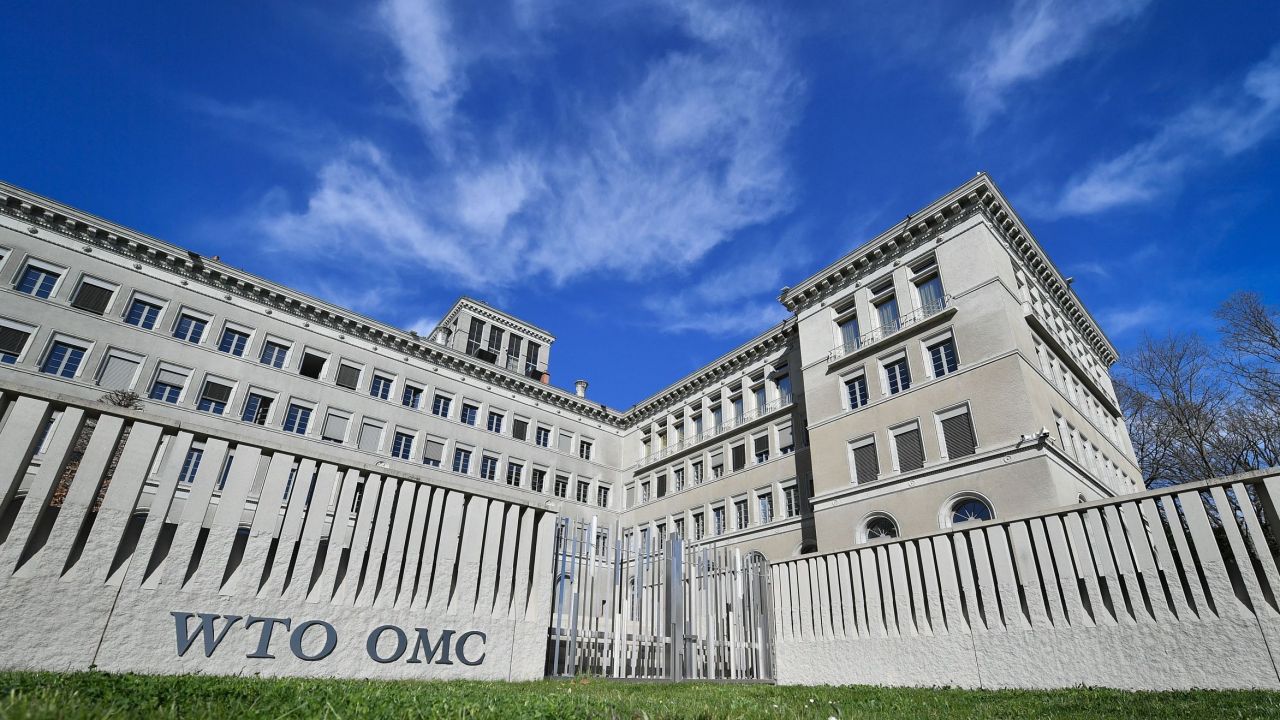Spark the G20 spirit to stop US destroying WTO

With the global economy being dangerously-threatened and even damaged by unilateralism and trade bullying, the Monday meeting between China and European Union leaders went beyond the bilateral sphere and injected timely impetus into China-EU ties to save the global multilateral trading system from being destroyed by the unilateralism of the United States.
Both China and the EU, which have benefited hugely from free trade and market liberalization for decades, have pledged to take the lead in speeding up reform of the World Trade Organization, the leading global governance regime set up in the aftermath of the World War II, along with the World Bank and International Monetary Fund.
Having evolved from GATT (General Agreement on Tariffs and Trade) reached in 1947, the WTO was born in 1995 and as of now it has 164 members, which produce 98 percent of global trade flows. But this rule-based institution has faced tremendous challenges mainly because the US has unilaterally raised tariffs on the imports from its major trade partners, including China-which entered into the WTO in 2001-the European Union and Japan. The US has even escalated trade tensions with China by warning it will soon impose high tariff on almost half of the imports from China.
And within the WTO, the dispute settlement mechanism, one of the core pillars of the multilateral trading system, has come to a standstill because the US has long blocked the efforts to appoint new judges for the organization's appellate body.
It is normal for the 164 members to have differences but the most important thing is to have such a mechanism as the WTO to stand between complainants and respondents. But now, due to absence of judges, the US has basically made the WTO's dispute settlement body unworkable.
At the same time, with some negotiations such on as e-commerce still going on, the negotiations on rule changes within the WTO have basically slowed down. While, on the other hand, bilateral free trade and regional trade and investment talks have emerged, which is also a challenge that the WTO must face and accommodate.
The joint pledges by China, the world's biggest trading economy, and the EU, a 28-member bloc basically integrated through zero tariffs, to forge a working group to deepen WTO reform are encouraging, as the EU needs quick initiatives and actions to defend it from the attack of the Donald Trump administration.
The Trump administration has already withdrawn the US from several multilateral agreements-on climate change, the Iran nuclear crisis and UNESCO. And it is now challenging the WTO trade system.
So the WTO members must consider that scenario and try to convince the US to return to the negotiation table and multilateral regimes of global governance.
Meanwhile, China and the EU can use the platform of G20, which has already become an effective platform for both rich and emerging economies to coordinate their stances. China and the EU can set an example by standing together to oppose the US' actions and leverage that to convince other major economies to stand together to oppose the unilateralism of the US.
Ten years ago, when the G20 summit mechanism was established amid the economic ravages of the 2008-09 financial crisis, such a coordinating, cooperative and comprising spirit was evident and played an irreplaceable role in limiting the effects of the crisis. Now, it is time to press the emergency button, carry forward that spirit, and take such cooling-down actions again in the global village.
Source: China Daily